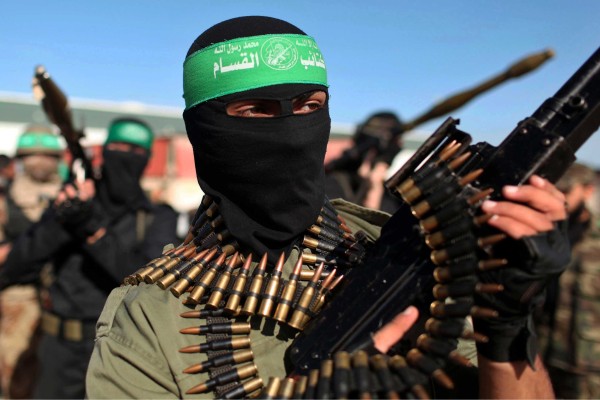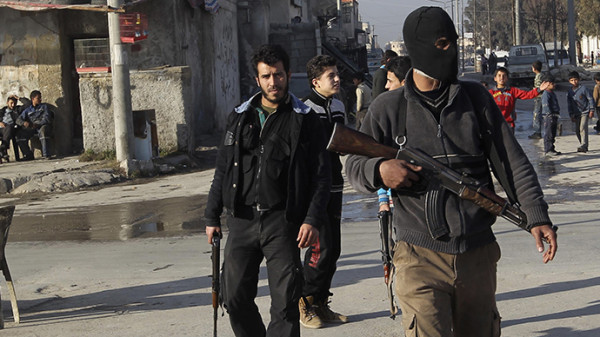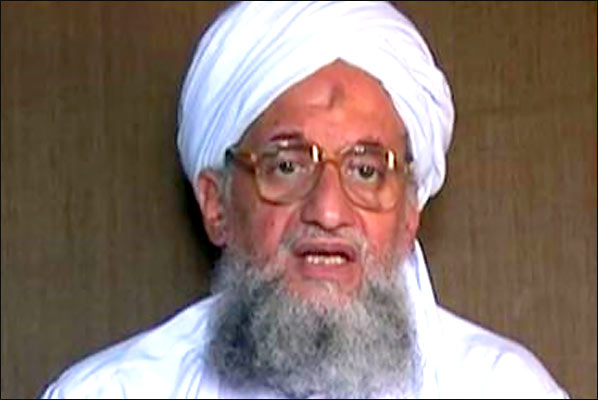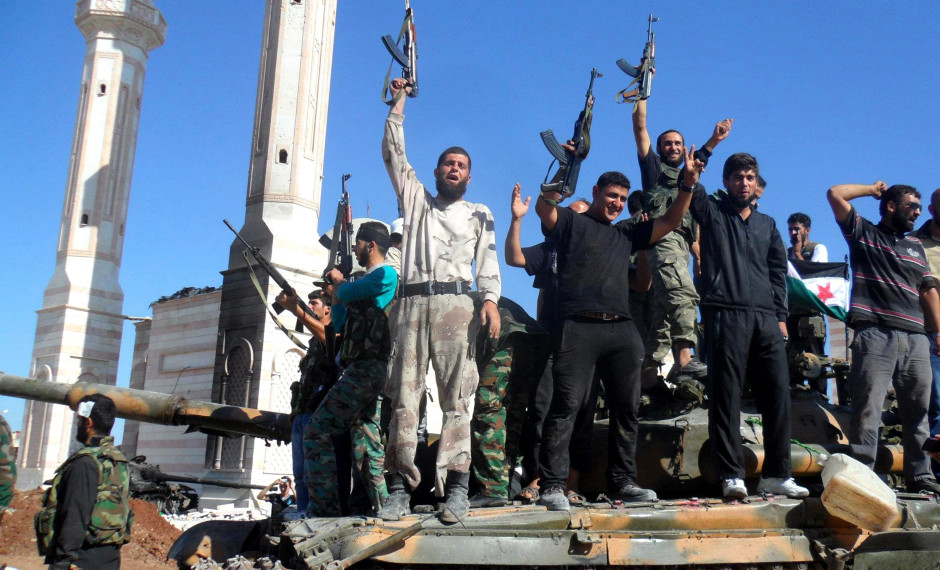The embattled president of Syria, Bashar Assad, claims the uprising destroying his nation is really an existential battle between the forces of secular nationalism and global jihadism.
He has a point.
The rebellion, which broke out three years ago come March, began as a peaceful protest movement demanding an end to arbitrary one-party Baathist rule, rampant human rights abuses, corruption and crony capitalism.
Not accustomed to open dissent, Assad — a member of the minority Alawite sect, an offshoot of Shiite Islam — attempted to crush the dissenters, whose cause was adopted by two major groups: the Free Syrian Army and the National Coalition of Syrian Revolutionary and Opposition Forces.
Representing a wide spectrum of Syrians opposed to Assad’s police state, they are morally, politically, financially and logistically supported by the United States and the European Union, plus a loose coalition of Middle Eastern countries led by Turkey, Saudi Arabia, Jordan and Qatar.

Until quite recently, the Free Syrian Army was the strongest military force fighting to overthrow Assad and create a democratic alternative to his dictatorship. But in the past year, jihadists loyal to Sunni Islam and adhering to a radical Islamic agenda, have not only seriously challenged the moderates, but made progress in hijacking the uprising itself.
There are an array of jihadist groups, but the most prominent ones are the Mujahedeen Army, the Islamic Front, the Nusra Front and the Islamic State of Iraq and Syria, all of which have been influenced to some degree by Al Qaeda, which espouses a reactionary ideology.
The Islamists, consisting of highly motivated Syrian, Arab and non-Arab fighters, bolstered by volunteers from Europe, the United States and Canada, are playing an increasingly important role in the protracted struggle to topple Assad’s government, whose key backers are Russia, China and Iran.
Jihadist fighters have seized large swaths of territory in northern and eastern Syria, capturing towns and villages and tangible assets such as army and air force bases, border crossings and oil fields.
The prominence that jihadists have assumed in the Syrian civil war — the longest and bloodiest of the internal revolts that have convulsed the Arab world and deposed a procession of leaders in Tunisia, Egypt, Libya and Yemen — have prompted Assad and company to promote an intriguing argument.
They claim, not without reason, that Al Qaeda-influenced jihadists pose a far greater threat to the established political order in the Middle East than they do. Better to support the devil you know than the devil you don’t know, Assad’s spokespersons say.

Although the United States has not yet embraced this seductive argument, there has been talk in Washington of late that Assad, whose chief concern is survival, may outlast his enemies. Several months ago, in a revealing observation, Secretary of State John Kerry acknowledged that the momentum has shifted in Assad’s favor.
And in an implicit sign of the times, the Obama administration recently suspended the delivery of non-lethal aid to the secular rebels after their warehouses, stocked with American supplies, were seized by the Islamic Front in an audacious attack.
When the jihadists first appeared on the scene, they were welcomed by their rivals in the Free Syrian Army, composed in part of officers who had defected from the armed forces. But when it became clear what objectives the jihadists were pursuing, dismay and disillusionment set in. By now, it’s clear that international jihad and the creation of a monolithic Islamic state in Syria, rather than Assad’s ouster, are the jihadists’ main goals.

The jihadists, spearheaded by the Islamic State in Iraq and Syria, have aroused further resentment by virtue of the retrogressive social and religious policies they’ve impose on ordinary Syrians in areas they control. Hewing to the strictures of shariah law, they have forced Syrian civilians to abide by strict moral and dress codes and follow school curriculums in which the importance of battling “infidels” (Shiite Muslims, Christians and Jews) is emphasized. The jihadists have also caused enmity by banning smoking, beheading adversaries and closing churches.
In the face of these outrages, secular rebels have pushed back, touching off fierce infighting within the rebel movement. Since last October, more than 700 insurgents of all stripes have been killed, according to the Syrian Observatory for Human Rights, a British-based organization that monitors the civil war.
This schism has been a huge and costly distraction, having forced the Syrian Free Army to fight on two fronts and divert resources away from the struggle against the Assad regime.

Al Qaeda’s supreme leader, Ayman al-Zawahiri, an Egyptian who was second-in-command to Osama bin Laden until his assassination in Pakistan, has expressed displeasure with these developments.
Early in February, he officially severed relations with the Islamic State of Iraq and Syria, blaming it for blackening Al Qaeda’s image and exacerbating tensions within rebel ranks. In particular, he was critical of its inability to work with the Nusra Front.
The Islamic State of Iraq and Syria’s overseas recruitment drive apparently has not been affected by Zawahiri’s critique.
By all accounts, radicalized European Muslims, buoyed by the prospect of becoming “martyrs” and contributing to the establishment of an Islamic state on Syrian soil, have flocked to Syria in droves to wage jihad against Assad. Many of them have joined the Islamic State of Iraq and Syria.
Given these realities, Assad and his apologists are trying to make the case that they represent the lesser of evils in Syria today.
